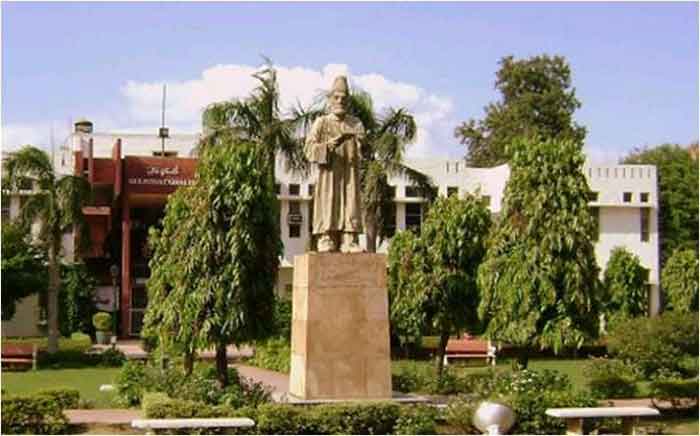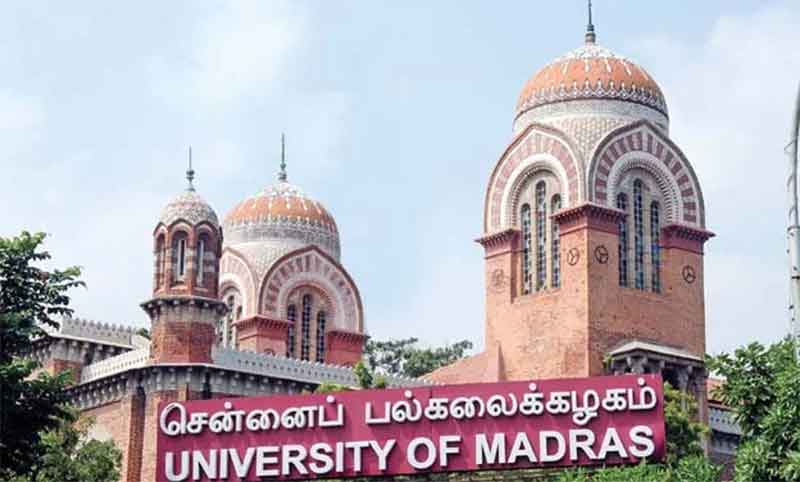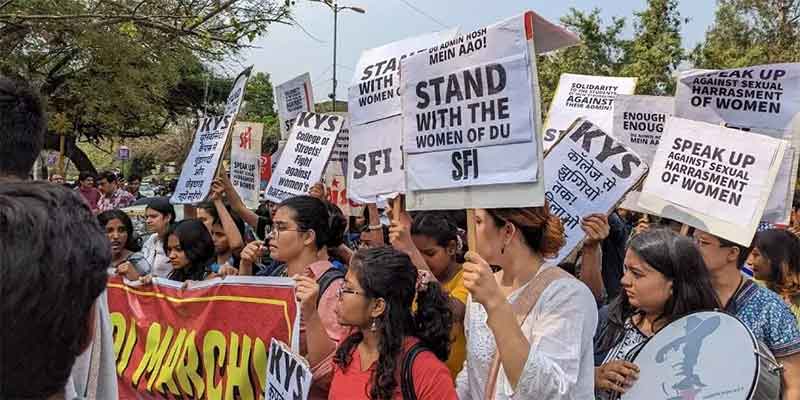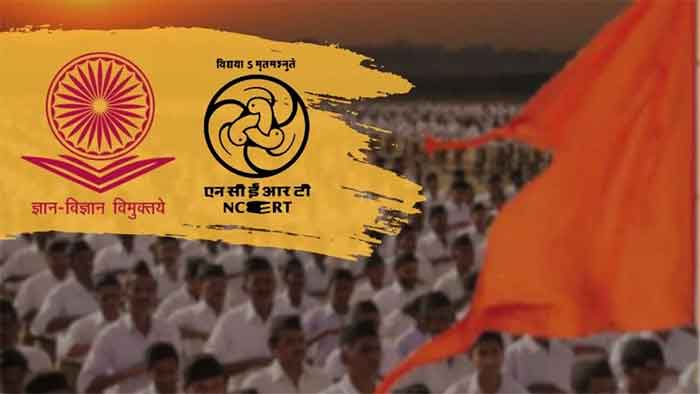Co-Written by Badre Alam Khan & Tarique Anwar

It is a historic moment for all of us that Jamia Millia Islamia, a ‘Lusty Child’ of the Non-cooperation, and the Khilafat movement based on secular and composite culture, has completed 100 years of its academic journey on 29th October 2020. Due to Covid-19 pandemic, this year, the university has not organized several programmes that were supposed to be held on the Foundation Day every year. However, on social media and through webinars, several programmes have been organized on various themes to mark the 100 year celebration of Jamia that is being widely participated by alumni and academic community at large.
To note that every year, 29th October is being celebrated as a ‘Foundation Day’. Jamia was established on 29th October 1920 at Aligarh on the call given by Gandhiji to join the Non-cooperation movement and repudiate the colonial education system supported by the colonial masters. To note that stalwarts like Hakim Ajmal Khan and Maulana Mohammad Ali Jauhar were appointed as the first chancellor and vice-chancellor of Jamia. Since its inception, every year on the said date, Jamia Biradari along with the local community used to celebrate the ‘Foundation Day’ and remembers the contributions made by the makers of Jamia, during its formative period with much compassion, and commitments. In this respect, every year seminars, conferences, along with Mushaira (recitation of ghazal by the eminent poets) were also used to organize by Jamia administration. The educational and literary festival (known as Taleemi Mela) usually open not only for Jamia fraternity but also to the large numbers of the local community who used to come for, attending Mushaira, musical progammes, and watching theatrical performances based on relevant social themes.
It has to be remembered that Jamia along with other nationalist institutions like Kashi Vidyapith (located in Banaras), Gujarat Vidyapith (Gujarat and Maharashtra Vidyapith, Bihar Vidyapith etc., were established during the freedom struggle. These above nationalist institutions were run by Indians and supported by Mahatma Gandhi, Tagore and other nationalist leaders during the course of anti-colonial movement. Jamia since its inception has remained secular and liberal in its outlook. Scholars have noted that Jamia is not merely a university but a product of the national movement launched under the leadership of Gandhji. The academic orientations and the pedagogical structure of Jamia and other nationalist institutions were based on composite, secular values and deeply rooted in the liberal nationalist thinking.
The concept of the Nai Taleem (also known as the Basic Education) was being experimented during the anti-colonial struggle with the support of Gandhiji. To be precise here, the concept of the Nai Taleem was based on the craft centered education and the learning by doing which was conceptualized during the nationalist struggle to educate and provide training and skills, so that Indian students could become self-reliant and able to manage their livelihoods for their own survival. This idea had been put-forwarded by Dr. Zakir Husain which was supported by Gandhiji and Maulana Azad. To note that for the first time, the Nai Taleem as a concept was formulated at Wardha in Maharashtra and implemented at Jamia Millia Islamia in the late 1930s and other nationalist institutions elsewhere.
During the colonial period, other prominent universities like the BHU Banaras Hindu University, (which was established by Pandit Madan Mohan Malviya who was also associated with the Hindu Mahasabha) and the Aligarh Muslim University came into existence which were based on communitarian concerns. The AMU was established by the great educationist and reformer, Sir Sayed Ahmad Khan who was committed to spread the modern, English and scientific education among the Muslim masses which was at that time opposed by the orthodox section of Ulama.
Historically speaking, both universities (BHU and AMU) had not played a substantial role in the anti-colonial struggle and the freedom movement led by Gandhiji. However, arguments often made by a section of scholars that the AMU since its inception was inclusive in nature and it had provided the space for different communities. Hence, it is mistaken to believe that the AMU is fundamentally against secular and liberal values. Unlike the nationalist universities, it is to be noted that both the AMU and the BHU had used to get financial assistance from the British colonial masters and princely states too. Both universities had only concentrated to address the communitarian concern of their respective communities rather than enthusiastically participated in the anti-colonial struggle and the nationalist project. The project of nation-building which had been taken by Jamia and other nationalist universities are still relevant in our society. Although, we got political freedom in 1947 but the question of social and educational development based on liberal and composite culture is an unfinished agenda.
In this respect, it is important to highlight and remember the contributions made by the makers of Jamia on the centenary celebration. But merely celebrating will not help us without introspecting and doing some worthwhile activities especially at the time when our country is passing through an extremely critical phase. Now, it is time to ask serious questions such as- what kind of concrete steps so far have been taken by Jamia fraternity and its alumni to realize stated objectives and instil the secular and democratic thinking in the Indian society, as envisioned by founding fathers of Jamia. It needs to be underlined that secular and inclusive ideas that were cherished by the builders of Jamia and enshrined in our democratic Constitution, is now under attack since the rise of the Hindu nationalist forces in the political domain.
Here, an attempt has been made to highlight the inclusive vision of the makers of Jamia and the legacy of the national movement. In doing so, it is argued that their inclusive and secular vision is under attack after the rise of Hindu nationalist forces in the larger public sphere since 2014 onwards. The attack on Jamia’s students (who had registered their protests against anti-Constitutional Act like CAA peacefully) on 15th December by the Delhi Police can be cited as a case in point here. It is an irony that instead of arresting the real culprits and perpetrators of violence in north east Delhi, the Delhi Police has arrested those protesting students of Jamia who had launched a second unfinished agenda of the freedom struggle on Gandhian lines by opposing anti-constitutional Act like CAA/NRC.
Besides Delhi Police’s mishandling of anti CAA/NRC protests, a section of electronic media which is inherently bigot, communal and misogynistic in nature had also attacked and demonized the protesting masses. In this regard, a female student of Jamia, Safoora Zargar can be taken as a case in point.
In a similar vein, the Hindu nationalist forces have often raised and expressed their doubt over the nationalist and patriotic credentials of the Jamia and Indian Muslims in post-Independent India. In spite of the contributions made by makers of Jamia and Muslims at large during the course of anti-colonial struggle, Hindu nationalist forces have often put blame on the Indian Muslims for being pro-Pakistan and anti-India. In the light of historical reality, one could argue that the RSS and the Hindu Mahasabha had not played any significant role and made noteworthy contributions towards the nationalist project.
It has to be noted that builders of Jamia like Hakim Ajmal Khan, Mualana Mohammad Ali Jauhar, Mukhtar Ahmad Ansari, Abdul Majeed Khwaja and Dr. Zakir Hussain were committed nationalists and cherished composite nationalism and secular values in their entire life. While highlighting the role of Jamia in the freedom struggle, the late distinguished historian Prof. Mushirul Hasan and Rakhshanda Jalil in their book, Partners in Freedom; Jamia Millia Islamia ,(2006) have shown that Muslims stalwarts and nationalist leaders as mentioned above had supported and sided with Gandhiji, and epitomized the idea of ‘composite culture’ and ‘secular nationalism’. In doing so, nationalist Muslims had strongly opposed and resisted the Muslim nationalism led by Mohammad Ali Jinnah.
It is worthwhile to note that Jamia Millia Islamia has been performing exceptionally well and achieved top ranking among the Central Universities in 2020. But fact cannot be denied that the dream of the makers of Jamia and Gandhiji’s idea of secular and composite nationalism is passing through critical phases due to the rise of the Hindu nationalist forces in Indian politics.
On the occasion of the centenary celebration of Jamia, noted Alumni particularly from the MCRC (who are doing wonders in their respective fields such as Cinema and Media) have felt proud to be the part of Jamia Biradari. Those who are feeling proud to be a part of Jamia are not coming forward to defend the attacks Jamia has been facing in recent times since the anti- CAA/NRC protests. Jamia Alumni and the students are still languishing in jail. On these issues most of the Alumni, baring few have not taken the firm stand to save the inclusive idea of Jamia and the attacks on its students as hinted above.
To conclude, the idea of Jamia is based on egalitarian thinking and the product of the freedom struggle. Hence, merely celebrating on the said occasion will no longer be considered as worthwhile exercise without firmly standing with the inclusive idea of Jamia and exposing the nefarious design of communal forces vis-a- vis its students. It will be only possible, if Jamia Biradary and students including alumni irrespective of caste and religious communities seriously defend the secular and inclusive vision put forward by the makers of Jamia and stalwarts of the freedom movement like Gandhi, Nehru, Aazad in times to come.
Badre Alam Khan is a Research Scholar, University of Delhi and Tarique Anwar is working as a Research Associate, Jamia Millia Islamia.
SIGN UP FOR COUNTERCURRENTS DAILY NEWSLETTER
















































